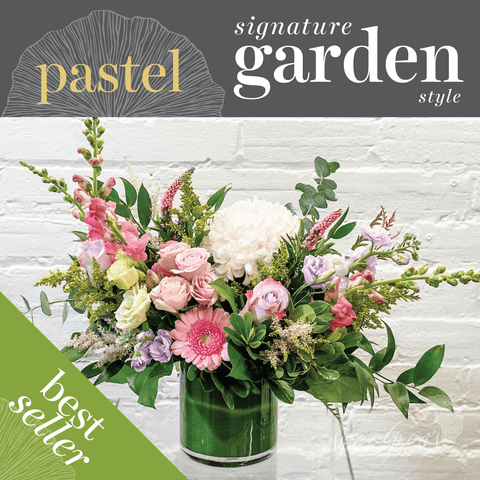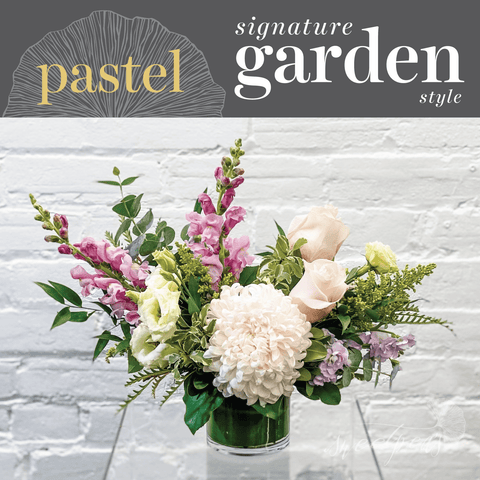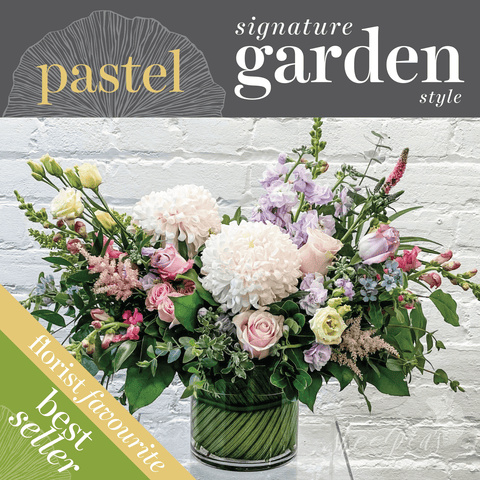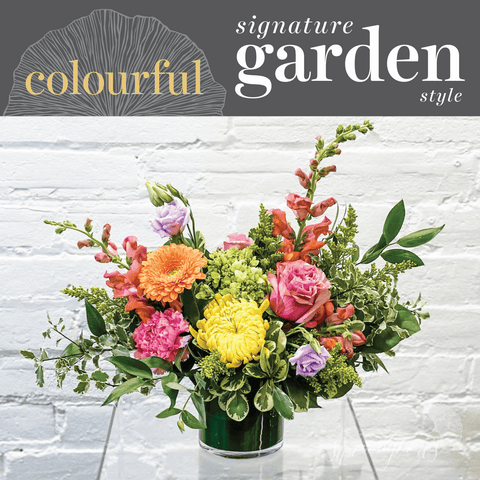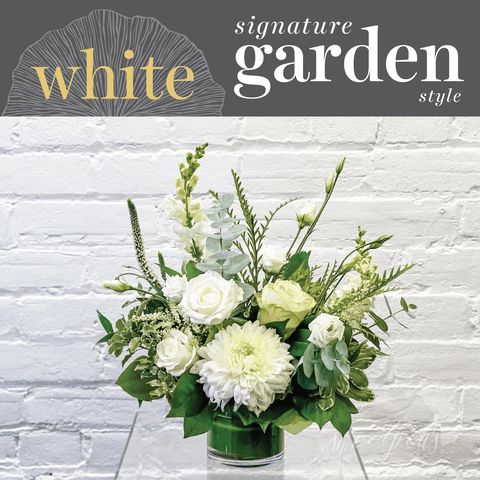Bulbs - Squirrel Resistant
Bulbs - Squirrel Resistant0 Products
How To Deter Squirrels From Eating Your Fall Bulbs
 Posted in The American Meadows Blog, November 11, 2010.
Posted in The American Meadows Blog, November 11, 2010.
Although their antics are fun to watch, squirrels can be a real nuisance when they dig up your newly planted bulbs. The simplest way to prevent problems is to plant bulbs they don't like to eat. The bulbs in this collection are some of the bulbs found to be distasteful to squirrels.
Plant tulips and crocus, on the other hand, and you're putting out the equivalent of catnip for your cat. That doesn't mean you can't enjoy these beauties, it just means you have to outsmart the squirrels. There are two ways to approach this: place a barrier between the bulbs and the squirrels, or use a deterrent — something the squirrels avoid.
SQUIRREL AND RODENT REPELLENTS
There are a number of repellent sprays on the market that may help deter squirrels, with mixed reviews on how effective they are. You may need to reapply them frequently, especially after a rain.
Avoid sprinkling ground hot pepper around planting beds. The powder can get into the eyes of animals and cause them excruciating pain.
If you want to try hot pepper, the Humane Society recommends using a hot pepper wax spray, which adheres to plants and is less likely to get into animals' eyes. And avoid using mothballs; they're toxic when ingested and may add unnecessary toxins to your soil.
Tips for Deterring Squirrels with Repellents:
- Spray (or sprinkle) deterrents early in the season, before your garden plants are even available to munch on. This can help to prevent your garden from becoming a favourite spot.
- Alternate between different types of repellents, so that rodents don't become used to your tricks. Keep them guessing!
- Be more mindful of applying repellents after long winters or dry spells, when food sources are scarce. This type of weather encourages competition between all kinds of garden critters in their search for food, and you may notice more activity than you have seen in the past.
OTHER SQUIRREL AND RODENT GARDEN PROOFING TIPS
Instead of planting a solid bed of tulips and crocus, you can try interplanting with some of the bulbs mentioned above that are usually avoided by squirrels. That may offer some measure of protection.
- Keep bird feeders away from the garden, or make an effort to clean fallen seed up off teh ground regularly. You can always use the old "if you can't beat them, join them" attitude and set up a special squirrel feeding station. By offering the squirrels a ready supply of easy-to-access food, you might keep them from digging.
- Keep the area mowed and free from rock and wood piles, which offer the perfect habitat. Tidy up after planting, too. Don't leave bulb debris (like the papery "tunics" that fall off tulip bulbs) around the planting area, because it acts like a breadcrumb trail to the bulbs.
- Trees, clotheslines, and other structures near the garden can offer squirrels a sense of comfort and protection when maneuvering through the area. If possible, limit these 'jungle gym'-type networks close to your planting beds.
- The regualr presence of a cat or dog is a powerful way to deter squirrels!
Hopefully, these techniques will help you foil foraging squirrels this fall, so you can enjoy colourful blooms next spring.
For the complete article, please visit https://www.americanmeadows.com/blog/2010/11/11/deterring-squirrels/
No products found in this collection.

